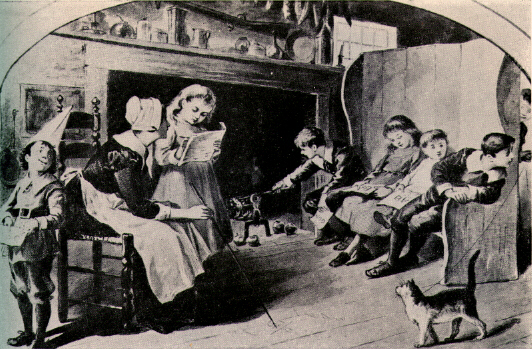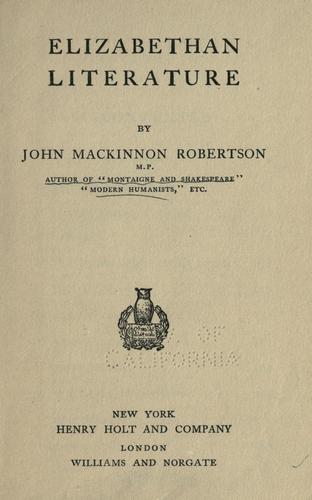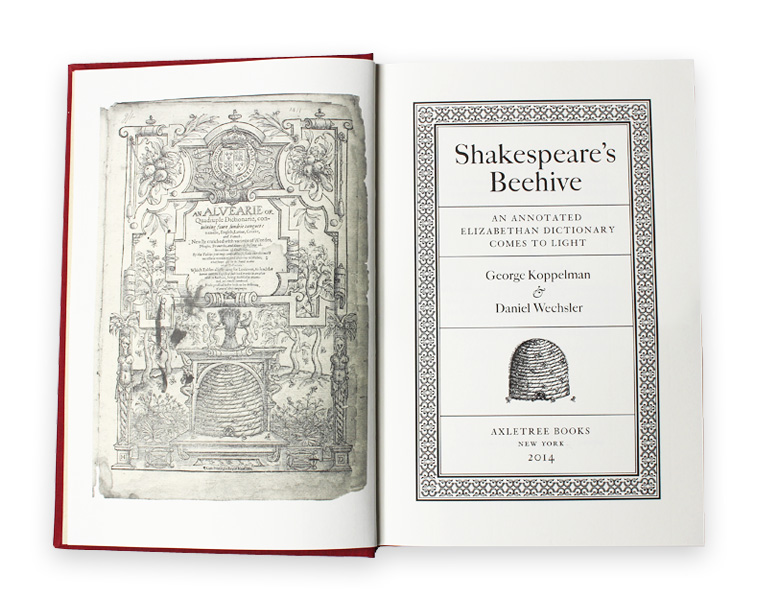The translation of words in the Elizabethan language and vocabulary requires a Modern English to Elizabethan english dictionary! The following link provides access to an Elizabethan dictionary for an easy to follow Elizabethan language guide! The translation and definition of the Elizabethan words and meanings used in the Elizabethan language make the literature of the era, including the works of William Shakespeare much easier to understand!

Translation of the Elizabethan Language to today’s English:
Contents
Firstly, let’s look at the reasons why the translation of some of the Elizabethan language is problematic:
- Many words used in the Elizabethan language are no longer in use. Other words have replaced them or the original meaning and use of the words are no longer required
- An amusing example of words now ‘extinct’ in the modern English language is ‘gong’. The Elizabethan word ‘gong’ meant dung. The men whose job was to empty and dispose of the waste from the privies (toilets) were called ‘Gong Farmers’!
- The Elizabethan alphabet contained 24 letters, as opposed to the present day alphabet of 26 letters
- In the Elizabethan alphabet, the letters “u” and “v” were the same letter as were and “i” and “j”
- The “j” was usually used as the capital form of the letter “i” in the Elizabethan alphabet
- The letter “u” was used only in the middle of a word, and the “v” was used at the beginning!
- Another letter which resembled a “y” was used to represent the “th” sound. The word “the” was therefore written in a similar way as “ye” would in the modern-day
- The written form of Elizabethan Numbers also cause confusion in translation
- Numbers were frequently written in lower case Roman numerals, with the last “i” in a number written as a “j”. For example – viij March
Shakespeare translations and understanding the real meanings behind some of the Shakespeare languages in the great plays and sonnets can be difficult. And this is hardly surprising when the expressions and their meanings have been obsolete since the Elizabethan era!

Spelling in Elizabethan times
Spellings were not strictly set in the Elizabethan times and it is mostly up to the person who was writing. Although, certain patterns were followed and scholars were trying to make standard settings to the language. Despite all the differences, there were still many words that were spelt the same way as they are today.
The Middle English period ended with the great vowel shift and brought in Early Modern English. This is significant for the Elizabethan period because it made Elizabethan English more polished and refined, though not complete.
Elizabethan era words
Some common Elizabethan words that are not in use anymore are:
Aroint – away
Doth – does
Would – wish
Privy – informed
Feign – faking an emotion
Sirrah – young boy
Bawdy – obscene or lower standard
Well met – Hello

Elizabethan English grammar
There were no strict grammatical rules in the Elizabethan times and therefore sentence construction was easy. Modern grammatical rules were introduced centuries later. Therefore, Elizabethan sentences need to read as they were, not as they “should be” as they regarded by some people.
Words were constantly being added to the vocabulary of people during the Elizabethan times and writing styles were changing. A lot of turbulence happened due to the introduction of the Renaissance. Language in the Renaissance period was heavily influenced by Latin.
It was believed that the form of speech and writing used by the great ancient scholars must be used in order to refine their own language. Thus, the Latin syntactical style influenced English greatly. Cicero, in particular, was imitated a lot.
Elizabethan Exclamations
Exclamatory words and phrases were common, especially in literature. Some of the commonly used exclamatory words were:
alas – regret
fico for – contempt
for – disgust, abhorrence
hanged be – impatience, irritation
cheer, good – encouragement/reassurance
content – agreement
Shakespearean Words
Meanings of any unusual Shakespearean words that you encounter whilst reading the works in the language coined by William Shakespeare can be checked in the online Shakespearean Dictionary by clicking on the appropriate letter of the alphabet.
More Info On-England education in the Elizabethan Period, Literature
